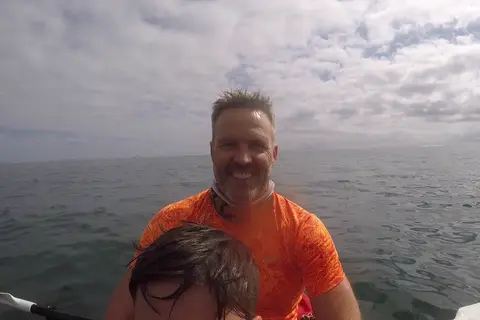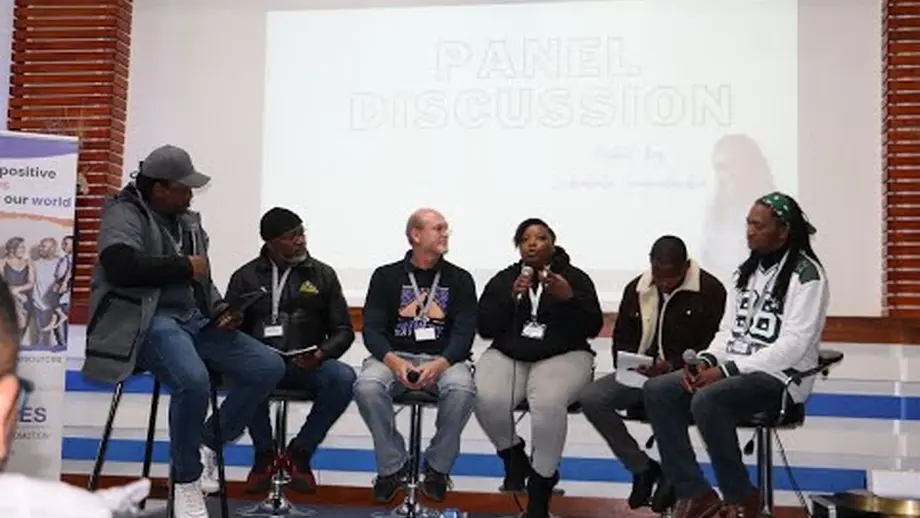How to deal with a father wound
Father WoundAt the recent Fathers Matter Ambassadors Conference in Gqeberha, Nkosinathi Sixabayi, Heartlines Fathers Matter Church Lead, gave a compelling talk on the deep-seated impact of absent fathers, or what he called a "father wound".
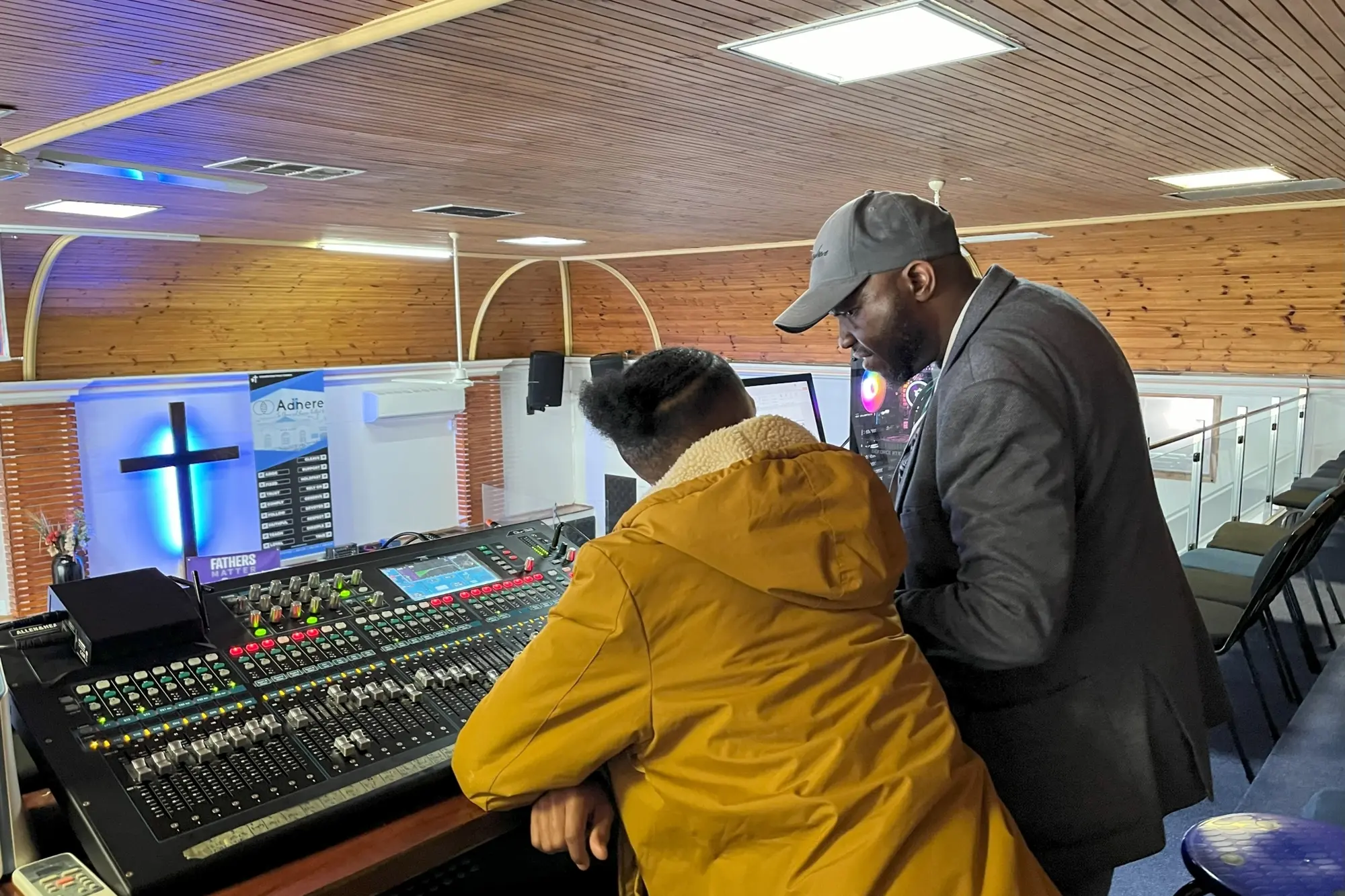
In a fitting way to reflect on Heritage Month, Nkosinathi shared his personal journey of growing up without knowing his clan name – a significant part of identity in many South African cultural contexts. He explained that the shame he experienced because of the missing piece of his heritage created by fatherlessness, is an example of a father wound.
He also shared a clip from the Fathers Matter film Melodi to illustrate the pain and tension of growing up without a father. The film emphasises the impact that not growing up with an active, present father can have on people.
Shifting focus to the social landscape of the Eastern Cape, Nkosinathi painted a disturbing picture of rising crime rates, particularly extortion. He recounted a chilling experience where a 13-year-old boy threatened him with a gun, leading him to question the role of fathers in these children's lives.
“Our children have spoken” was the message he shared after he showed a TikTok video of a young woman grappling with her fatherlessness. In it she said: "If my father was dead, at least I would have more closure." This raw admission shines a light on the trauma inflicted on children by the absence of fathers.
How to heal from a father wound
Drawing from the challenging task of officiating his own father's funeral and how he is a better man and a better father for it, Nkosinathi proposed several steps to deal with father wounds:
- Identify the wound, understand its origin, acknowledge the pain it has caused, and recognise the damage it has inflicted on your life.
- Verbally name the wound and express what you had hoped to hear, see, or experience from your dad.
- Acknowledge the impact of the wound, including the potential anger towards your father, life, or God, and recognise any related symptoms present in your life.
- Let go of undue expectations of what a father is and understand that despite a father’s flaws, he should “always try his best”.
- Take authority over any negative spiritual impact the father wound could have caused and over any power or habit that may hinder your healing process.
The power of vulnerability
After outlining these steps, Nkosinathi shared, "It took me to be vulnerable to my own children and say to them: ‘I'm wounded.’" This personal revelation underlined the importance of openness and vulnerability in the healing process around fatherlessness.
As the talk concluded, musician Leon Davids, who attended the conference with his son, played a special piece described as “a prophetic sound” that he called A New Day. Leon guided the group into a time of reflection and prayer focused on fatherhood, father wounds, current expectations, self-forgiveness and appreciation.
This thought-provoking session served as a fitting end to Nkosinathi's talk, reinforcing the message about the importance of acknowledging and healing our wounds for personal growth and better relationships with those in our own communities and families.
Taking Fathers Matter forward in Gqeberha
During the conference, the question was posed: What does God want to do in Gqeberha/Port Elizabeth/iBhayi through positive fatherhood? Delegates from various areas engaged in small groups to address some of the issues in their communities, such as crime, poverty and drugs. Many of these issues are the result of father wounds, fatherlessness or a lack of positive, caring male role models.
Going forward, there will be seven hubs set up in the area, and each hub will be arranging Fathers Matter workshops and events where they will invite stakeholders from church fraternals, NGOs and government. While there is no doubt that addressing fatherlessness will take time, even years, there was a true sense of urgency to start the work now.
To find out more, contact our Fathers Matter Gqeberha representative, Lubabalo on email at lubabalo@heartlines.org.za.
Some pictures from the event
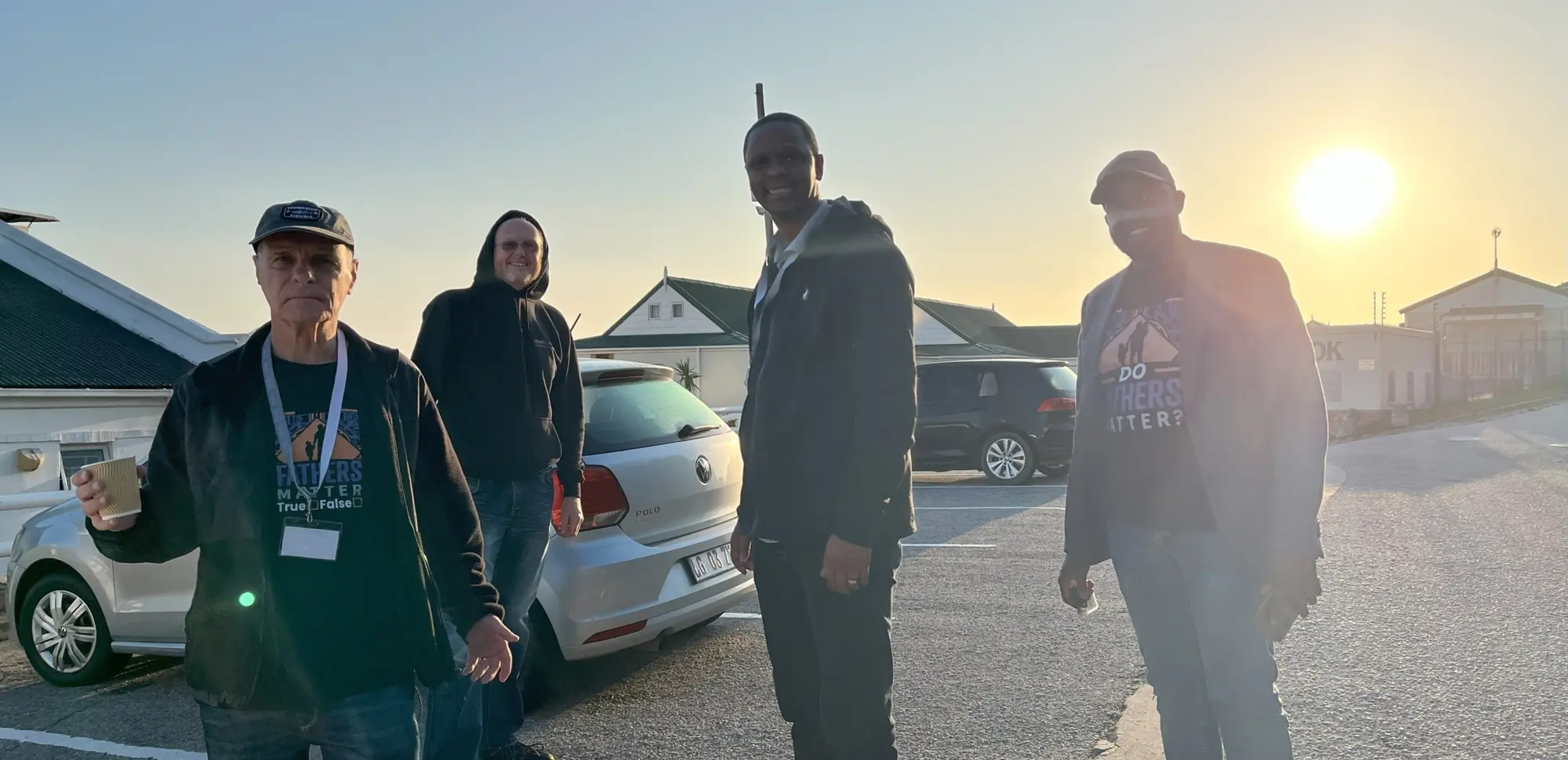
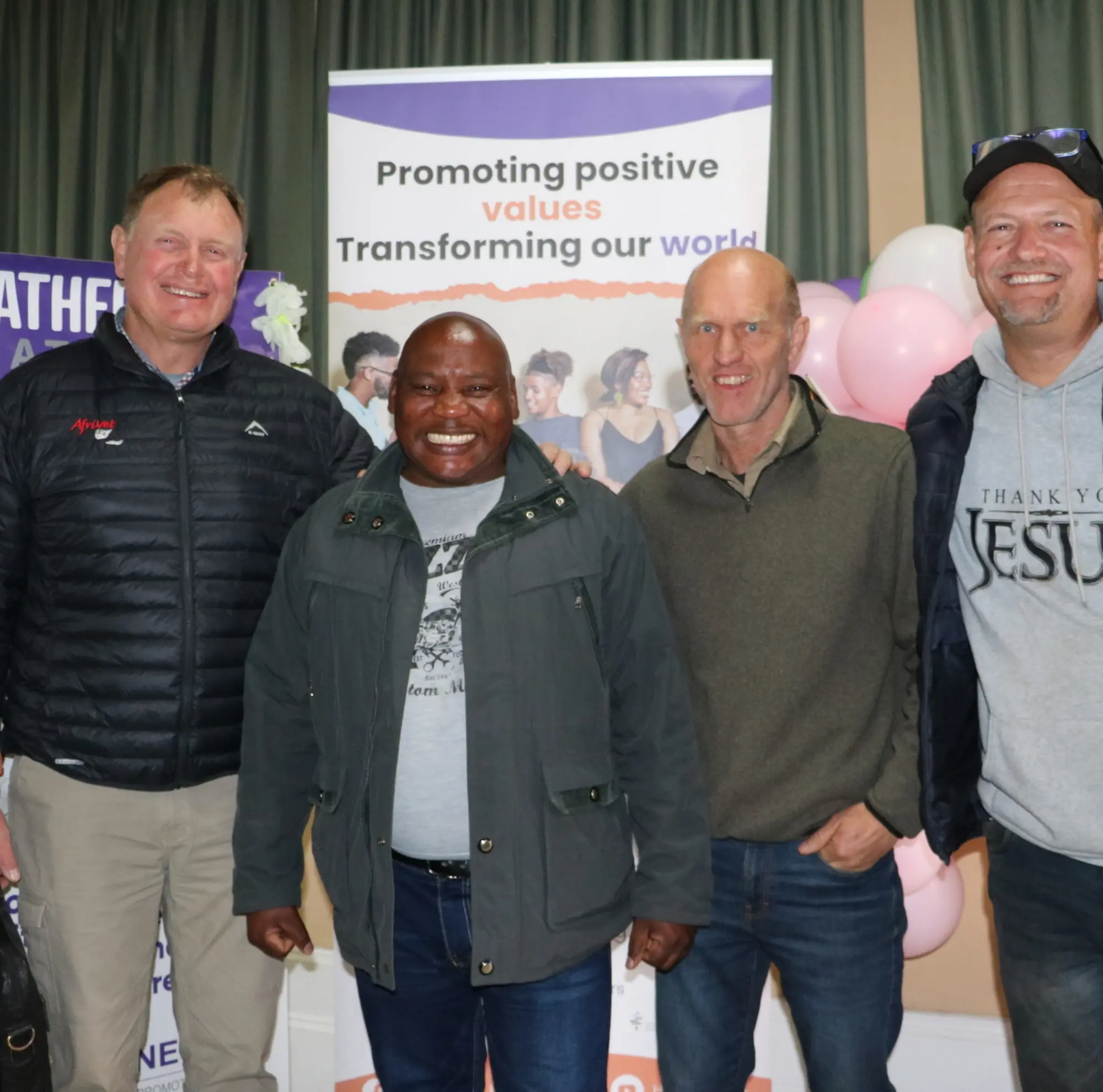
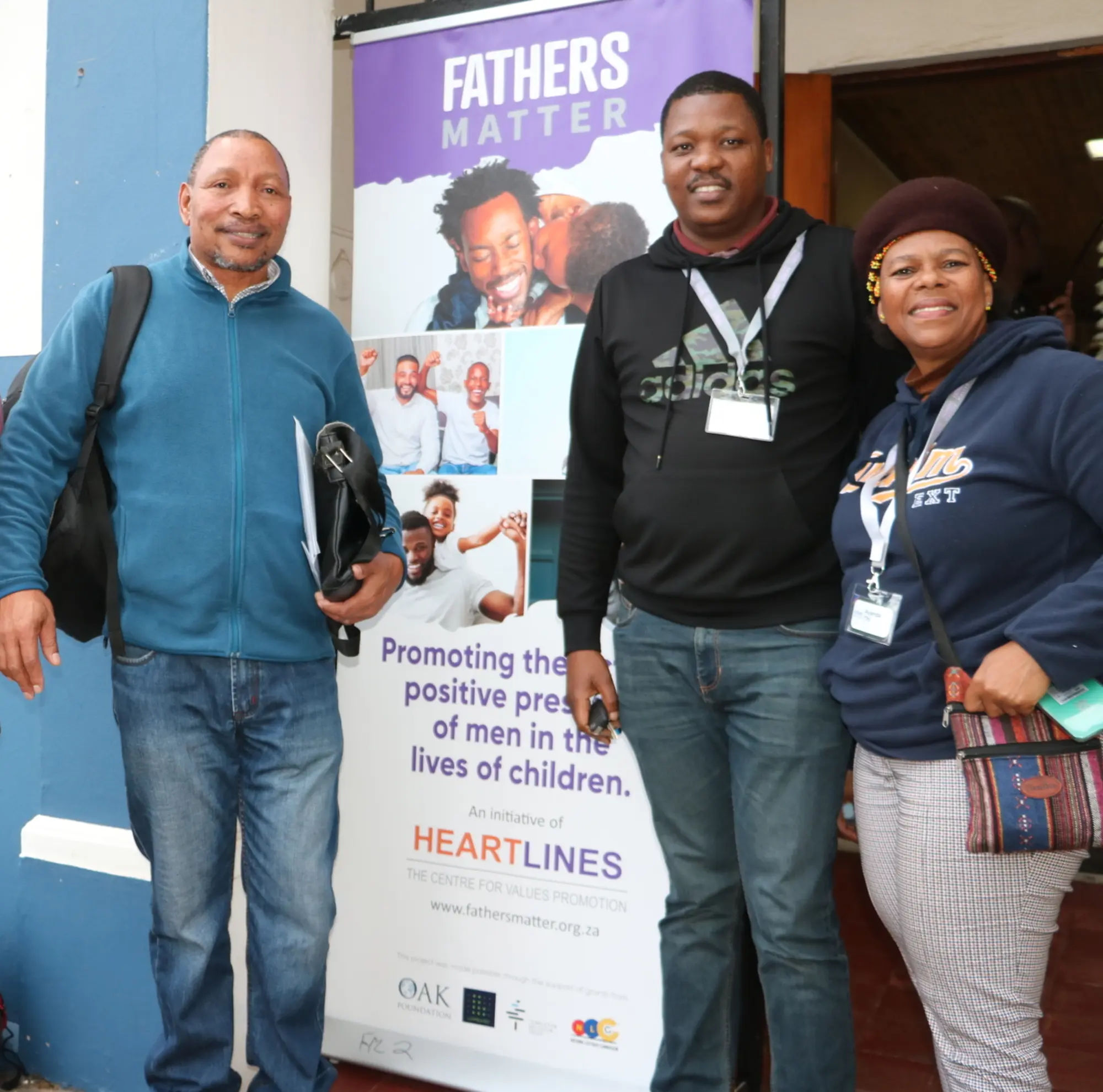
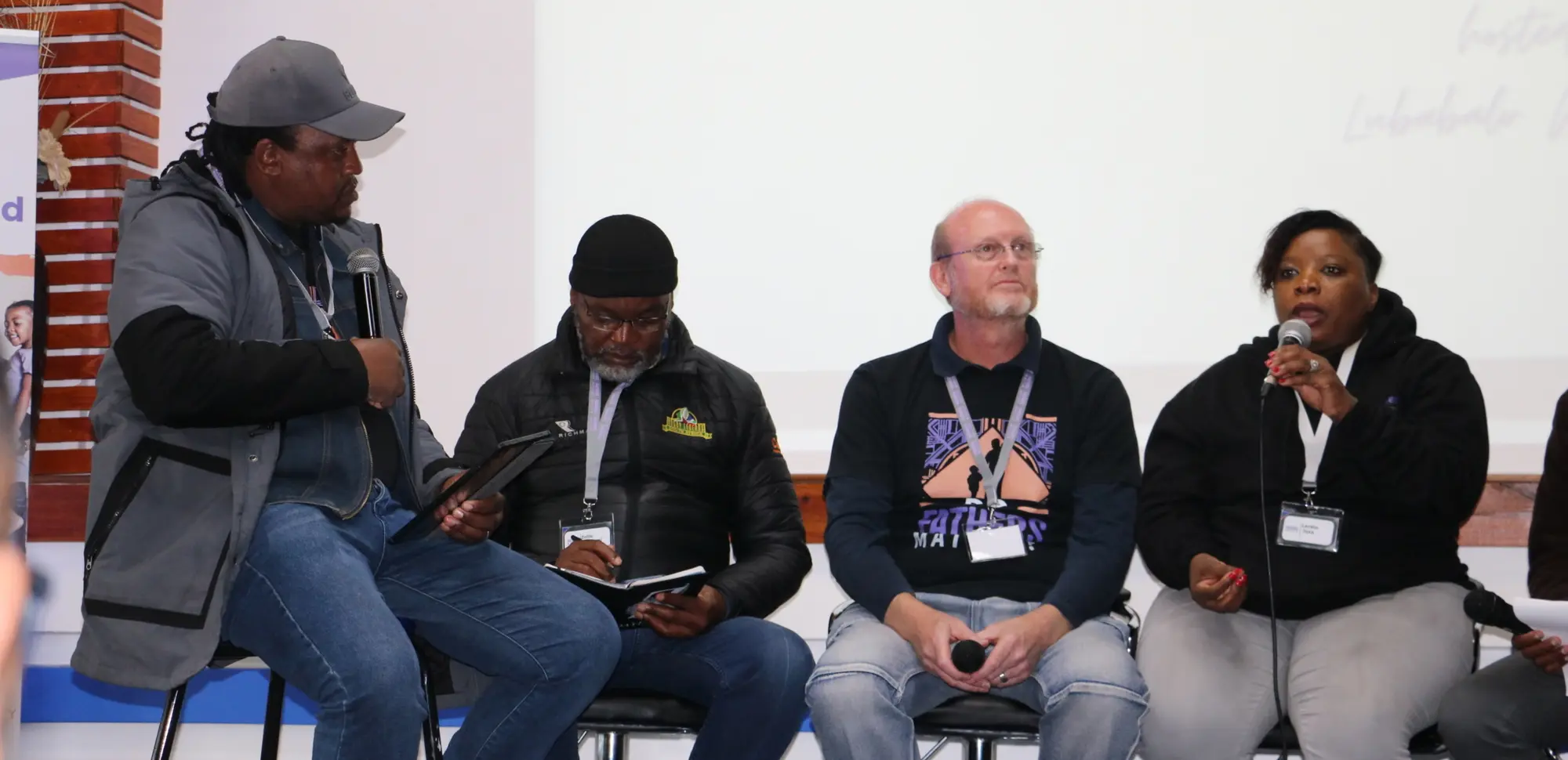
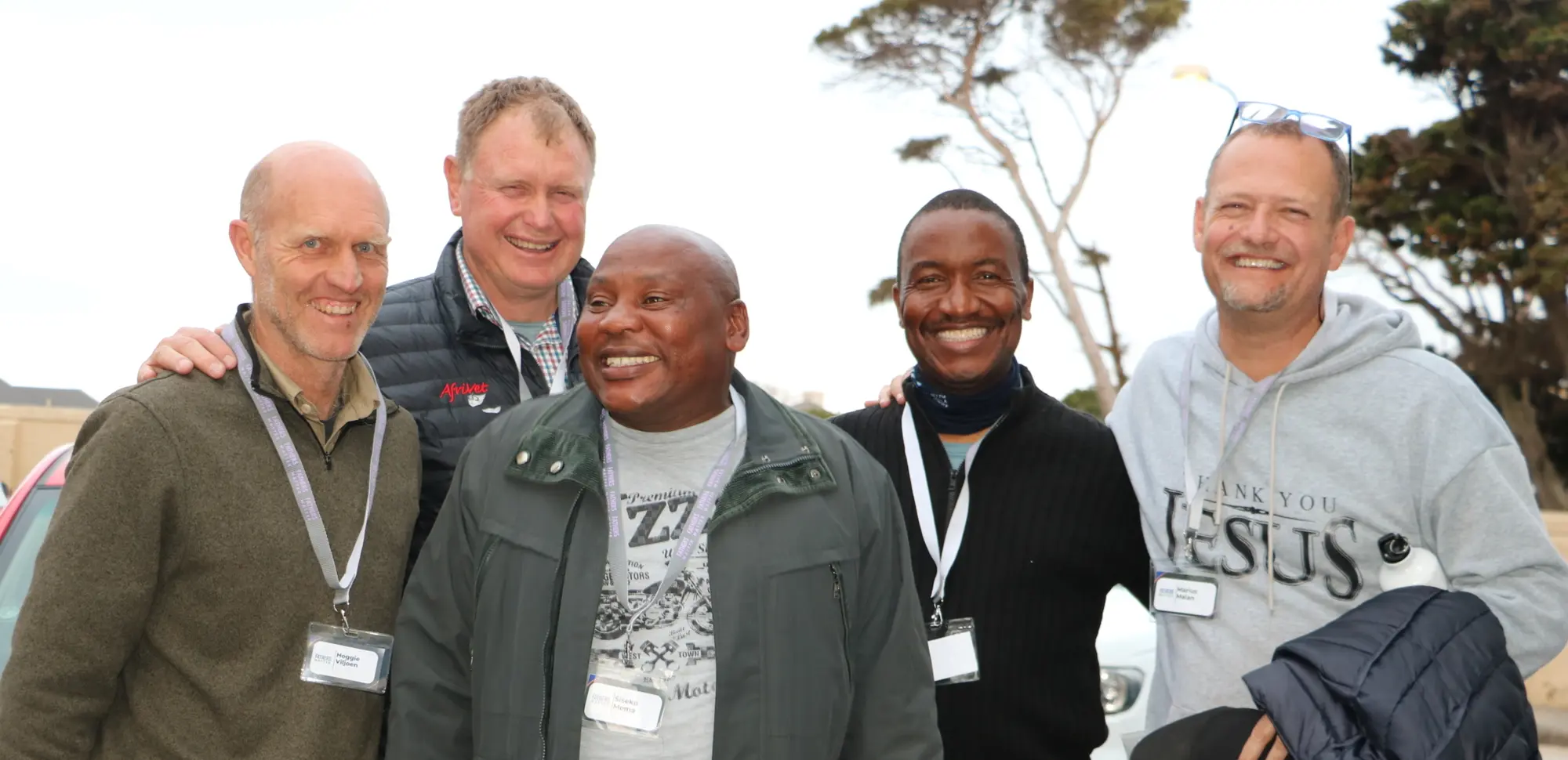
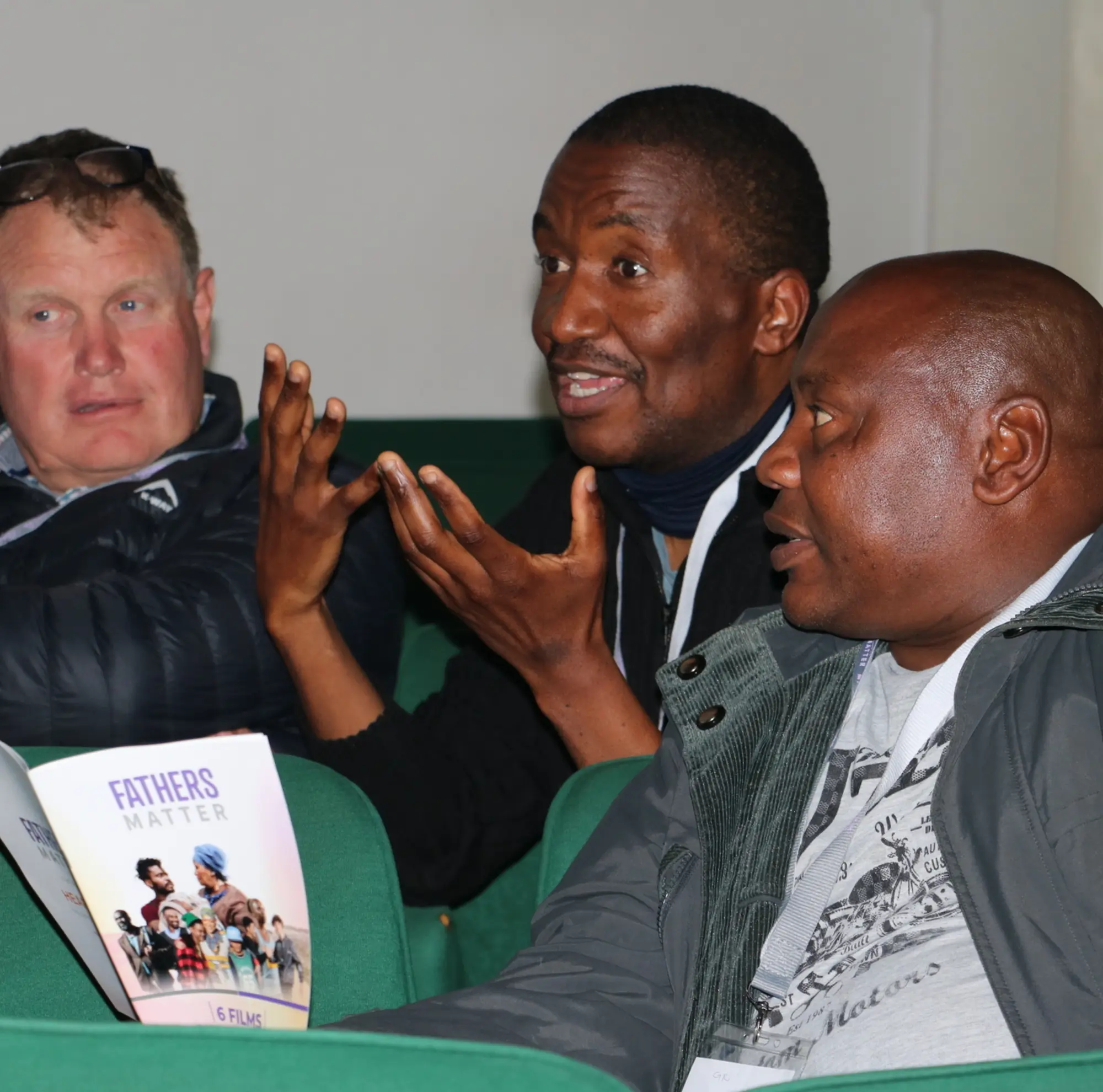

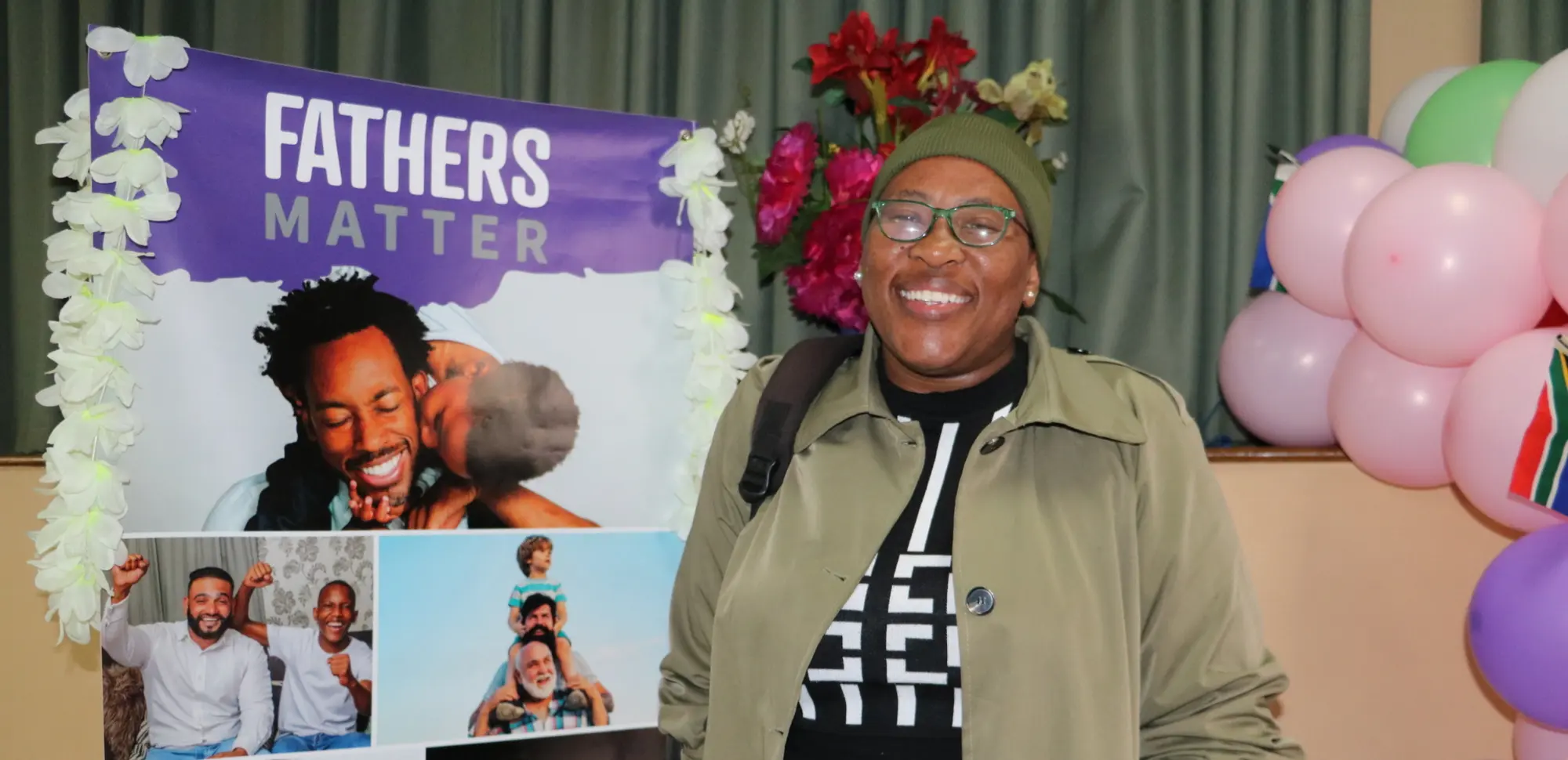
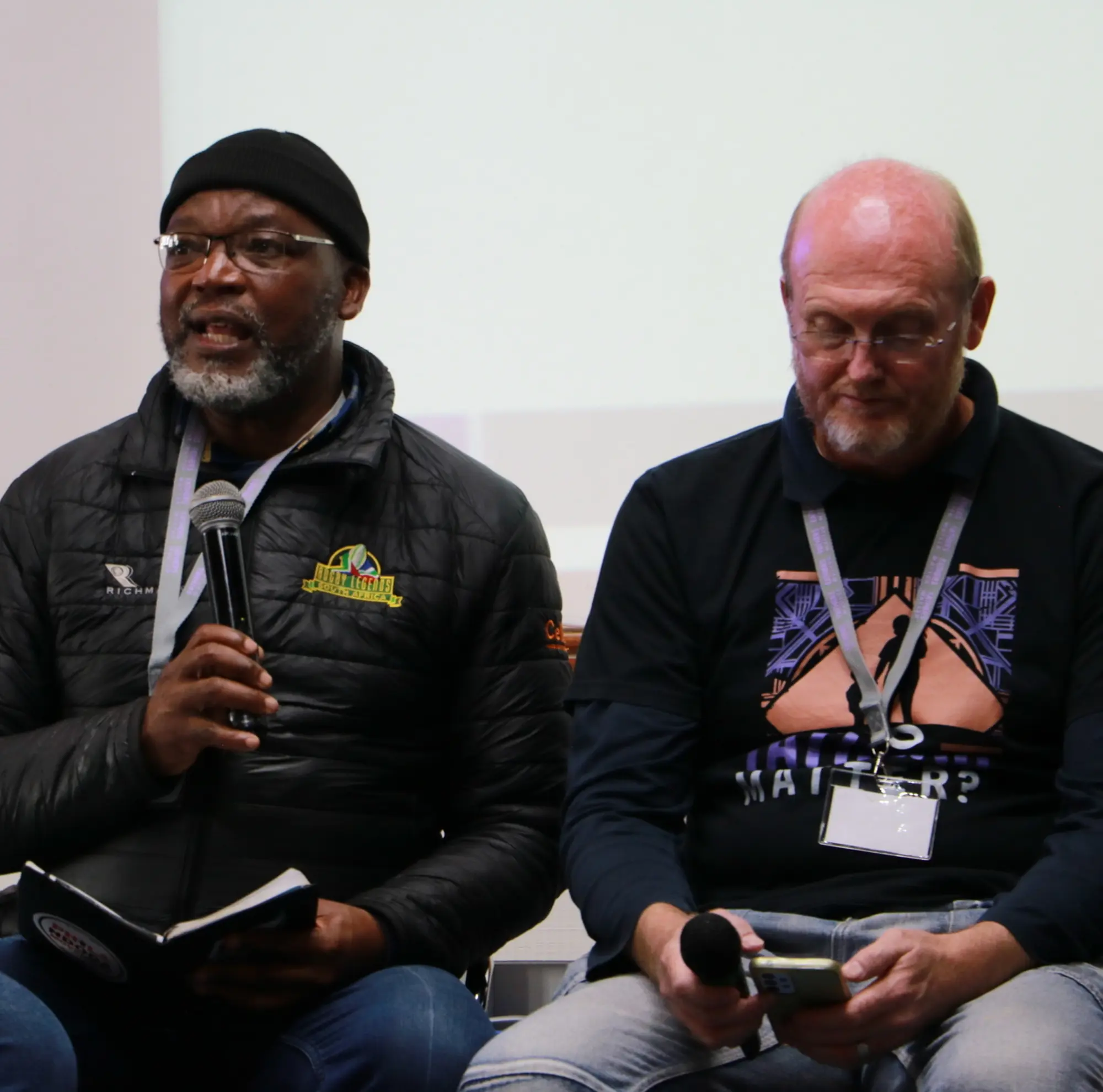
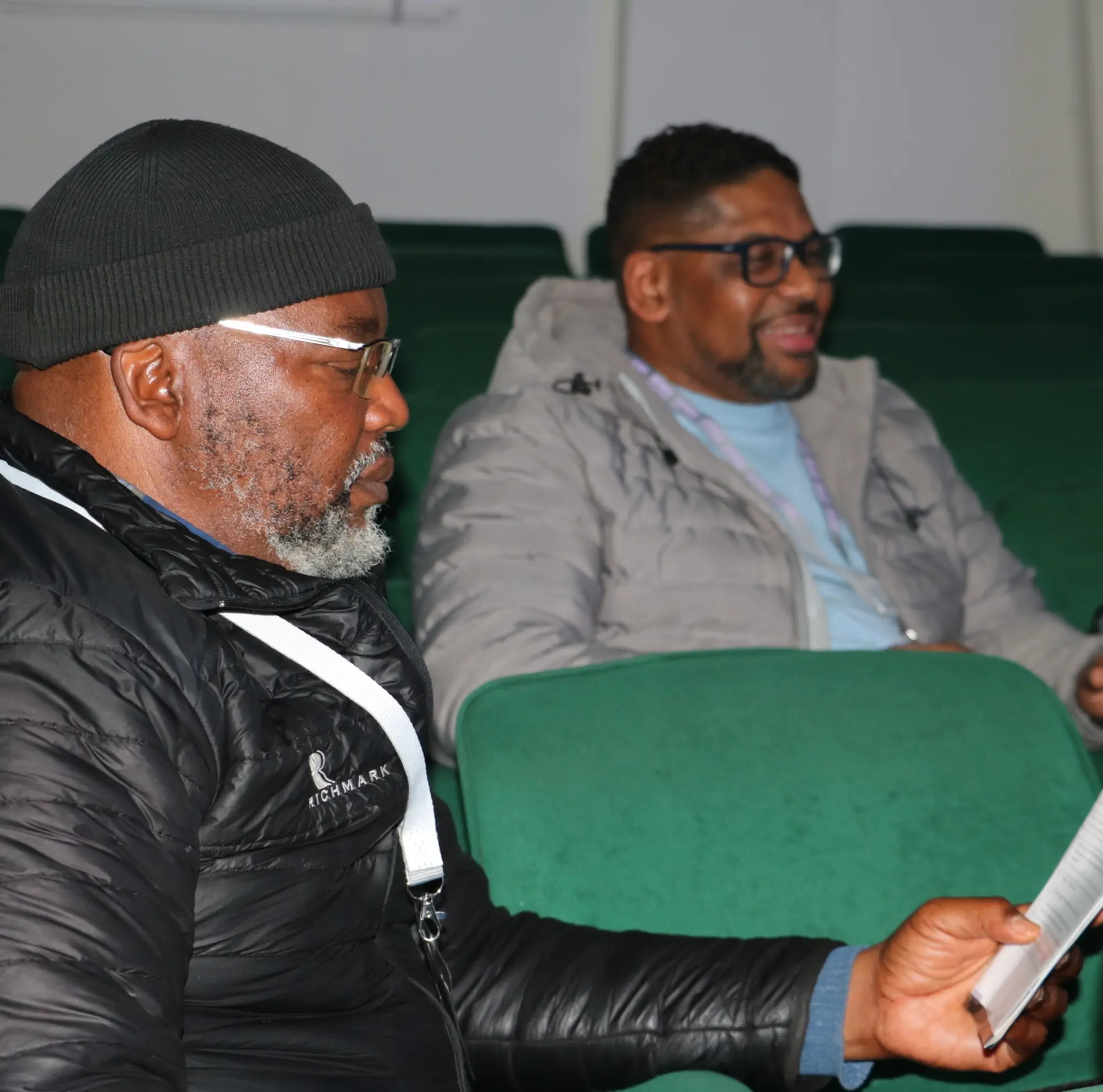
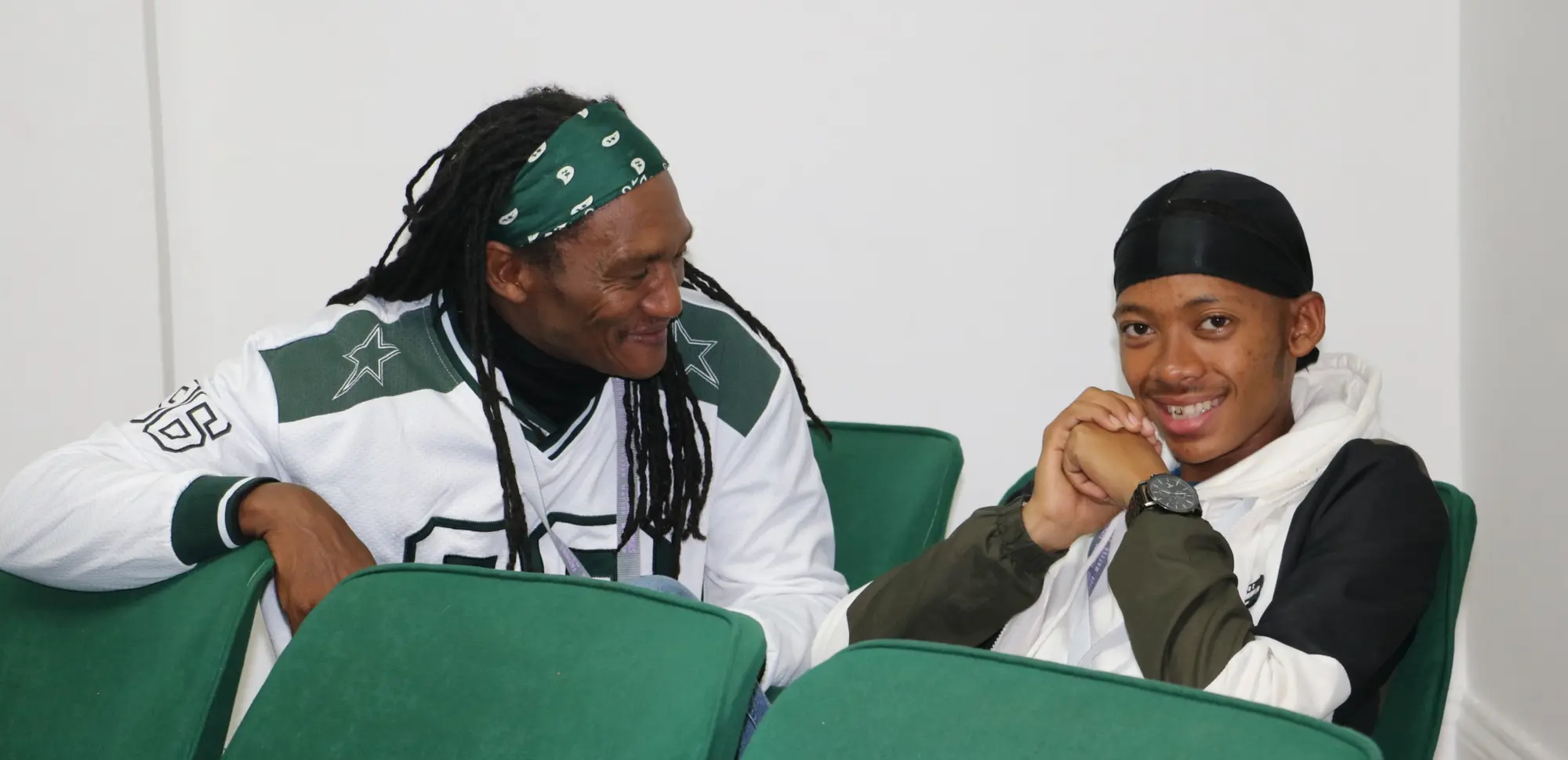

David Nyland
David is a sensitive and intuitive copywriter with experience in marketing and advertising. He has a passion for crafting compelling content that resonates with audiences.
Featured
